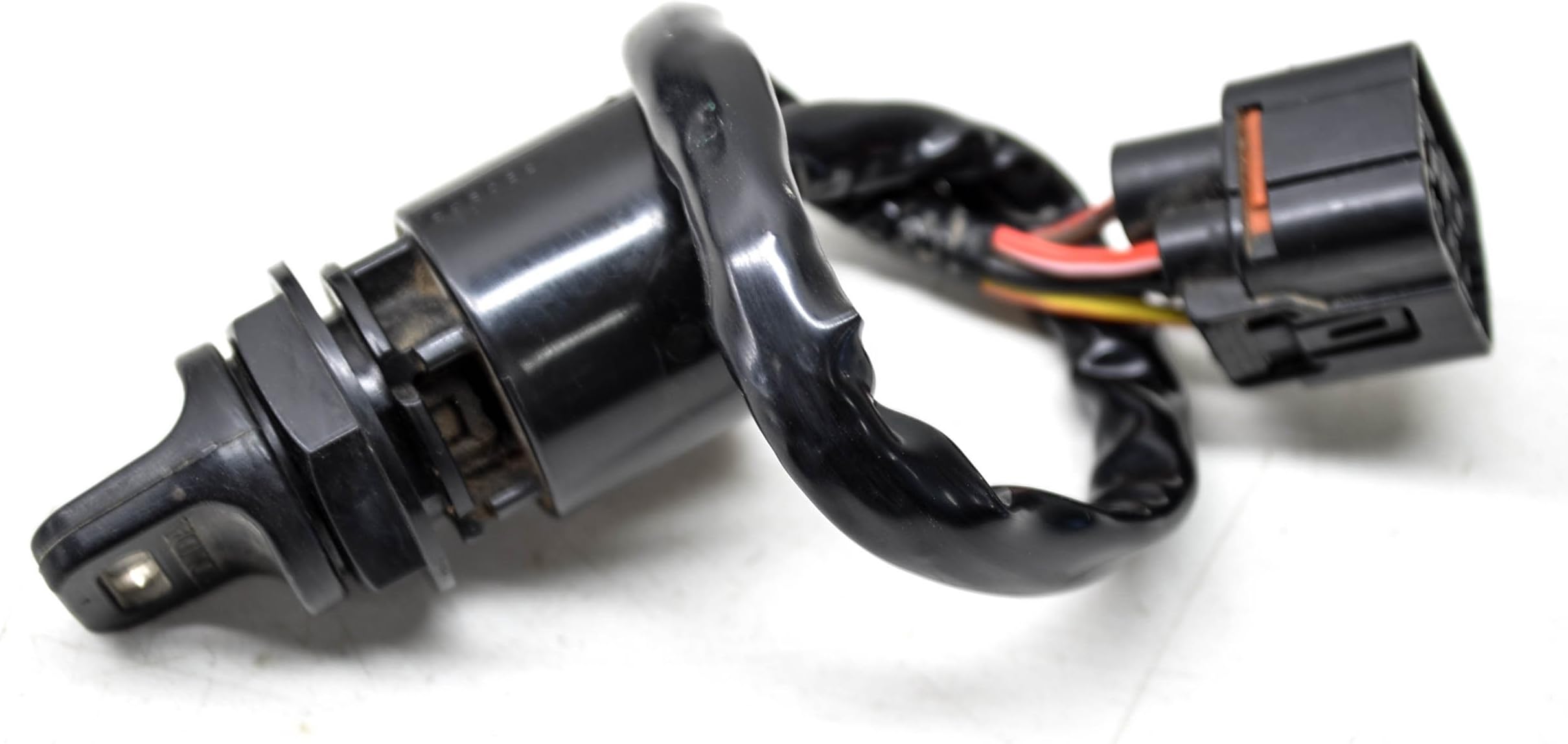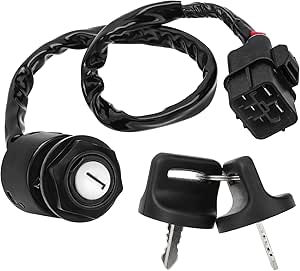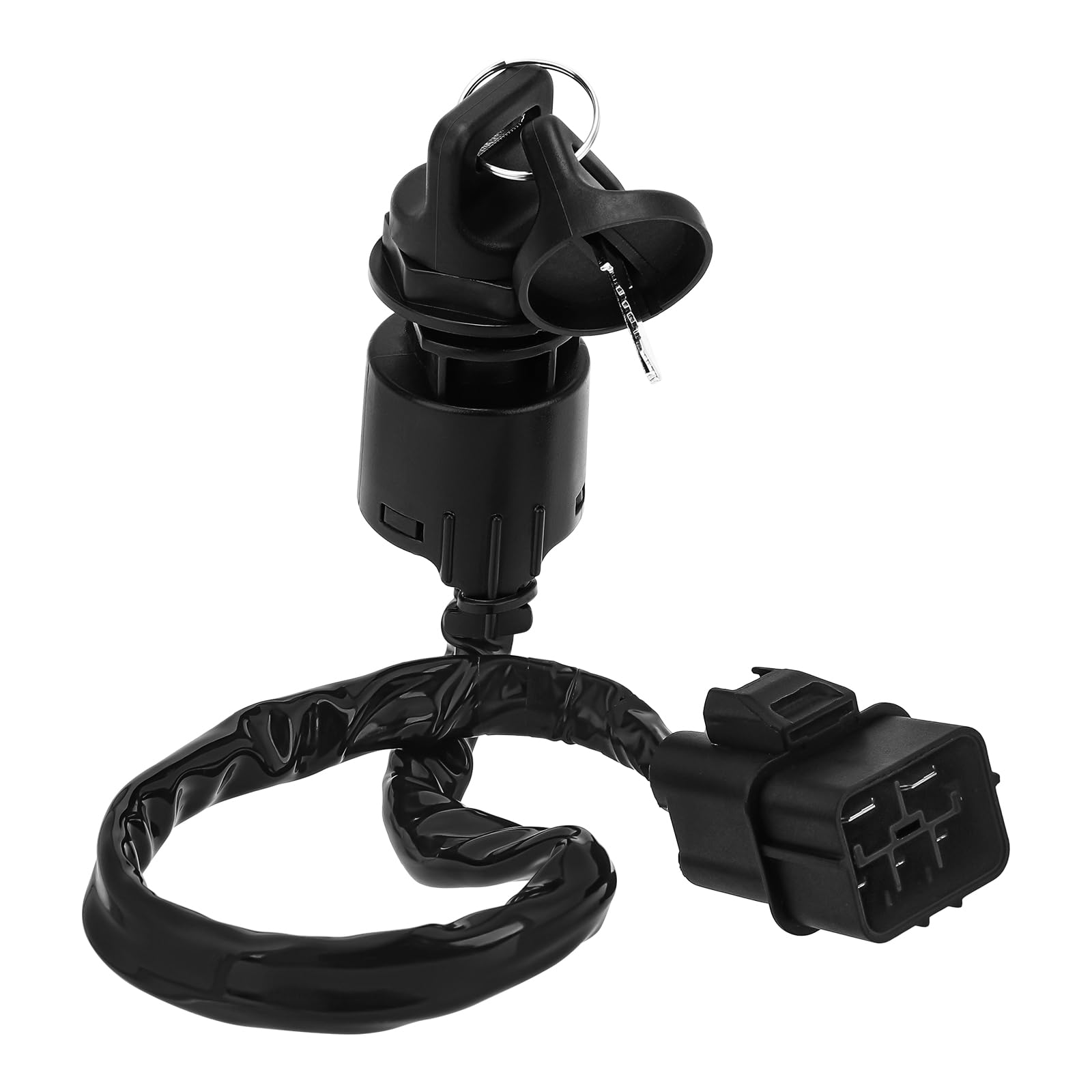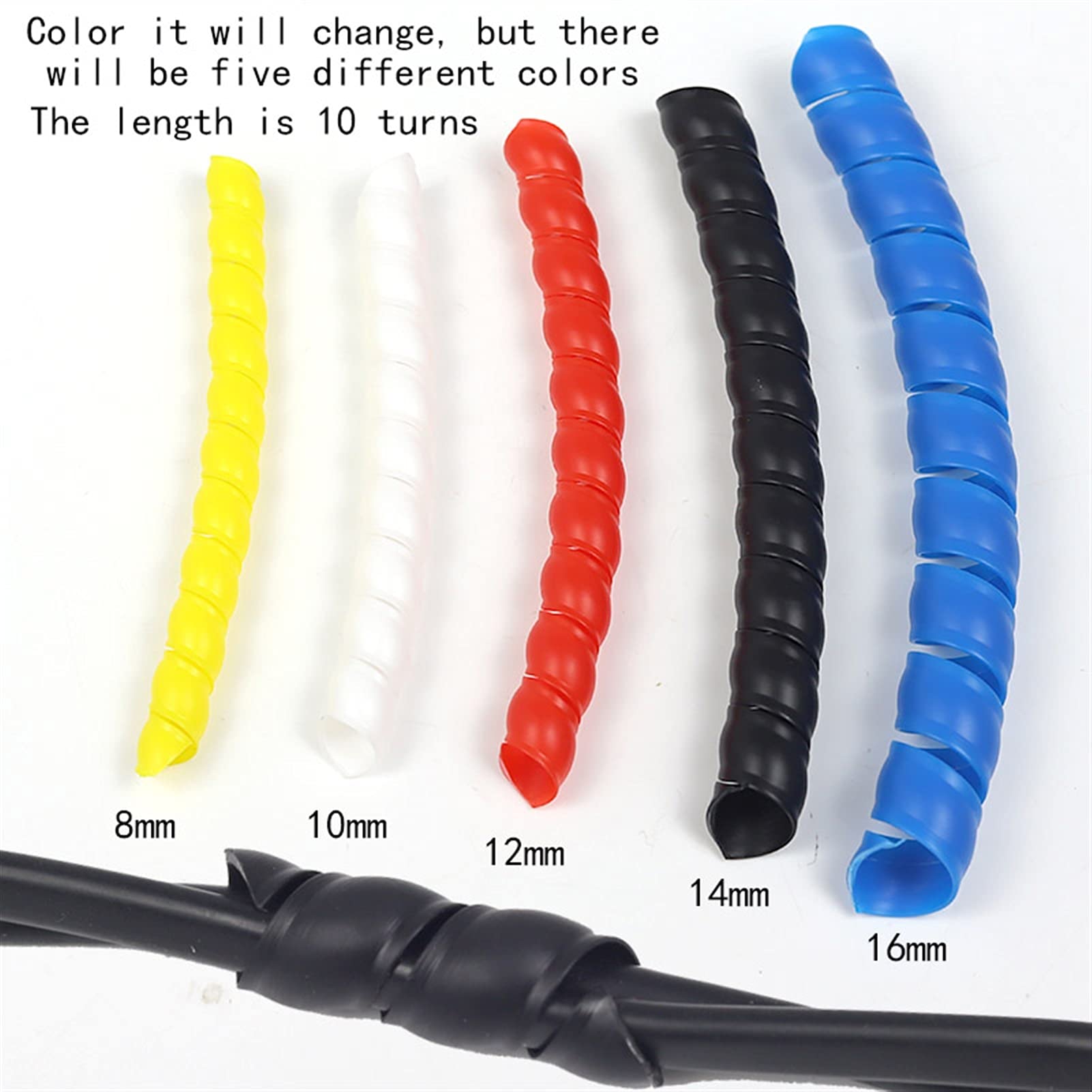OEM IGNITION MAIN SWITCH 35100-HL4-A01 16-21 HONDA PIONEER 1000
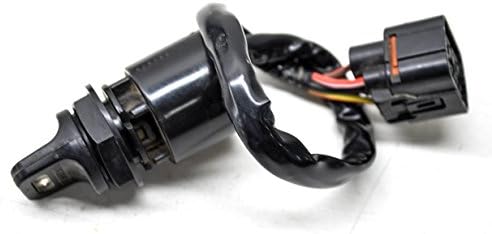
Pasa por encima el cursor para ver más detalle
29 €
Características
Acerca de este artículo Nuevo OEM Honda interruptor de encendido OEM Número de pieza: 35100-hl4-a01 Artículo compatible solo con los modelos específicos en la lista. La imagen podría ser genérico. Envíanos un mensaje con Vin/casco para una rápida verificación de ajuste. Ver los detalles del producto Informar de un problema con este... El empaquetado debe ser el mismo que se encontraría en una tienda, a menos que el artículo haya sido empaquetado por el fabricante con material no destinado a su venta en tienda (por ejemplo una bolsa o caja sin etiquetas). Consulta el anuncio del vendedor si deseas más información. Ariana Grande Eternal Sunshine OEM IGNITION MAIN SWITCH 35100-HL4-A01 16-21 HONDA PIONEER 1000 Switch Arranque Honda HONDA IGNITION SWITCH 2 Keys 2019-2023 Crf250F Genuine Oem New 35100-K99-A01 EUR 27,63 - DE Manufacturer Part Number: 35100-HL4-A01, Brand: HONDA, Type: ignition, UPC: Does Not Apply Interruptor de encendido con llaves 35100-HL3-A01 35100-HL4-AK1 para...
Productos patrocinados
Productos recomendados
Opiniones de los usuarios Ver todas las opiniones
Aviso sobre nuestra
información de producto

